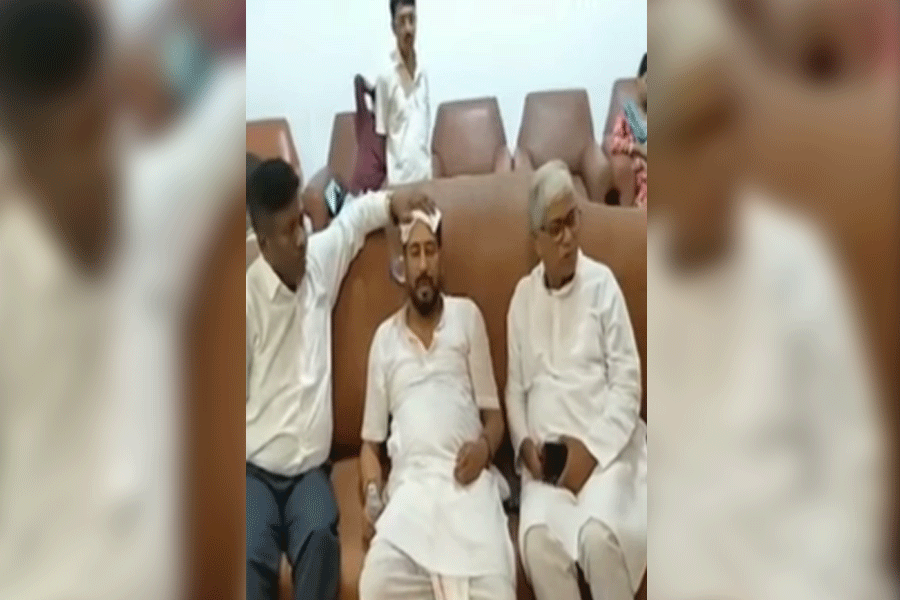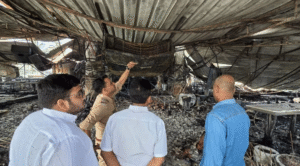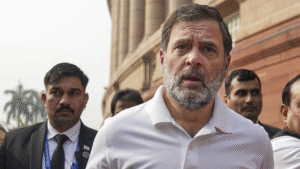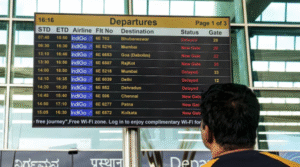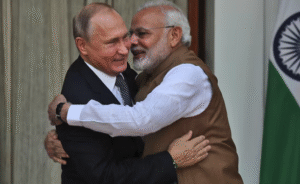The Bengal Assembly uproar reached a peak when BJP and TMC MLAs clashed during a heated session. The ruckus disrupted proceedings and created intense political drama. The situation escalated further as the Speaker suspended BJP MLA Shankar Ghosh, only days after the suspension of Opposition leader Suvendu Adhikari.
The West Bengal Assembly clash unfolded over accusations and counter-accusations between BJP and TMC legislators. BJP leaders demanded answers on multiple governance issues, while TMC members hit back strongly. The verbal battle quickly turned into physical altercations, forcing marshals to intervene and restore order.
Shankar Ghosh’s suspension came as a major blow for the BJP, which already faced a setback with Suvendu Adhikari’s earlier suspension. BJP leaders criticized the decision, calling it politically motivated and against democratic norms. On the other hand, TMC leaders defended the move, arguing that the BJP crossed limits and disrupted the dignity of the Assembly.
The Bengal Assembly uproar highlighted the widening rift between the ruling TMC and the BJP opposition. The frequent disruptions in the House reflect the deep-rooted political rivalry that dominates West Bengal politics. Transitioning from debate to disorder, the situation left governance issues overshadowed by confrontation.
Observers believe that the suspension of two senior BJP leaders signals the ruling party’s strong stance against aggressive opposition tactics. However, political analysts warn that such repeated clashes will only distance the Assembly from real policy-making and shift focus toward political point-scoring.
The West Bengal Assembly clash has once again raised questions about democratic values and the need for constructive dialogue. Without restraint and cooperation, the legislative process risks losing its credibility in the eyes of the people.


